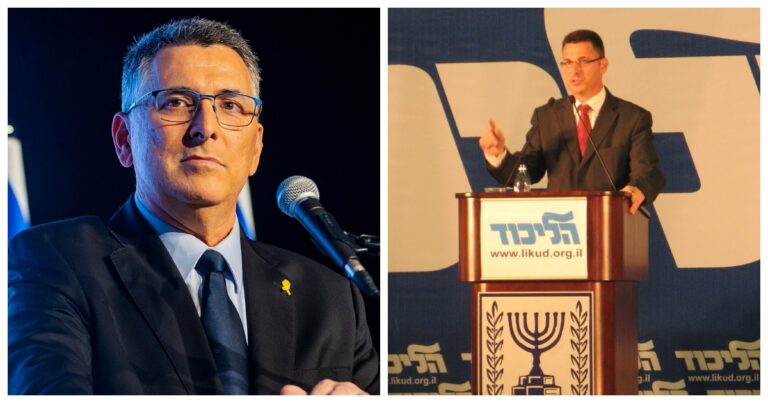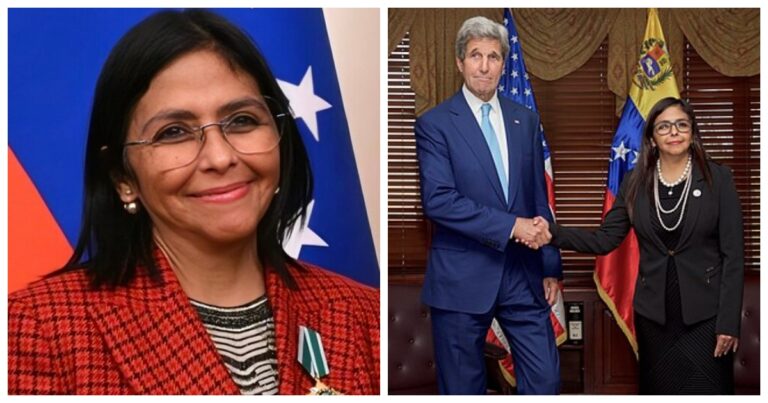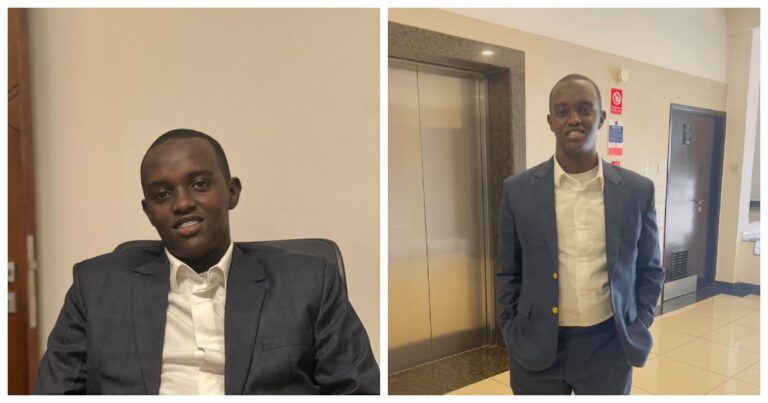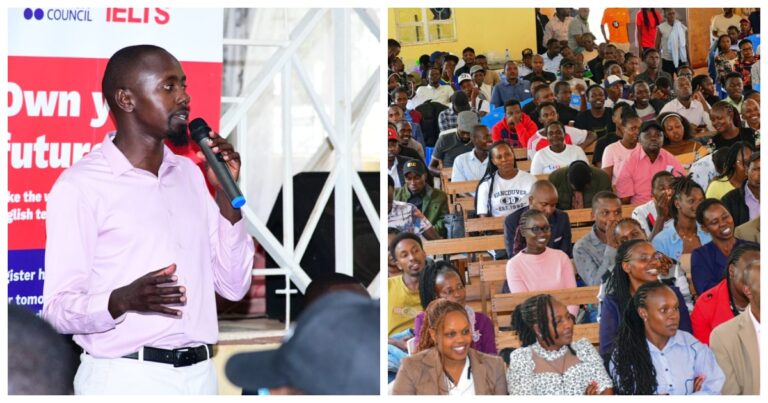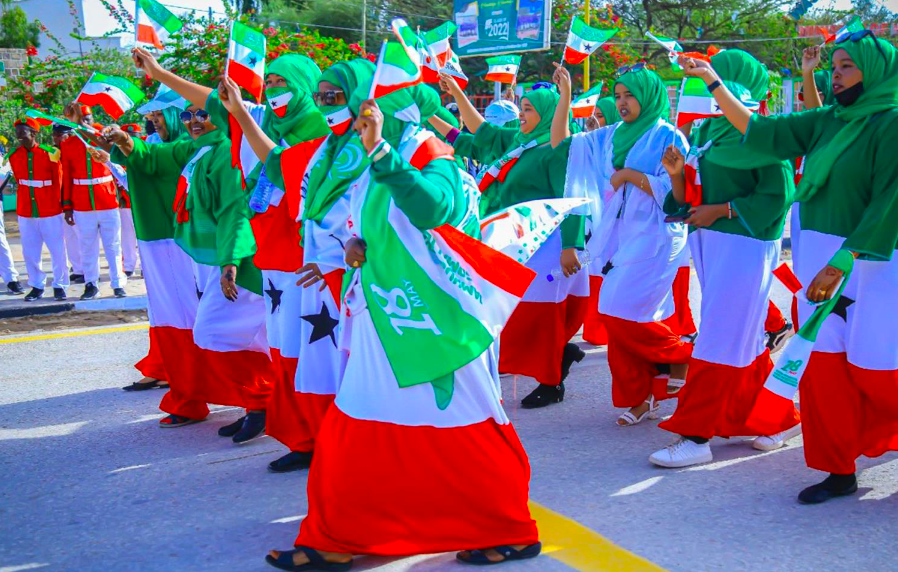
Somalia’s refusal to recognize Somaliland’s independence stems from a complex mix of historical, political, and strategic concerns centered on preserving Somalia’s territorial integrity and sovereignty.
Somaliland declared independence from Somalia in 1991 after the collapse of Somalia’s central government.
It argues that it is not seceding but restoring its sovereignty, which it originally attained as the British Somaliland protectorate that became independent on June 26, 1960, before voluntarily uniting with the Trust Territory of Somalia five days later.
Somaliland contends that this union was never legally ratified through a binding treaty, a constitution, or a referendum, making its withdrawal in 1991 a lawful restoration of its original status.
Despite Somaliland’s stable governance, democratic elections, own currency, passports, and security forces, Somalia insists on maintaining its claim over the territory.
Mogadishu views Somaliland’s independence bid as a threat to national unity, fearing it could encourage other secessionist movements within Somalia and across Africa, potentially destabilizing the region.
Somalia also sees Somaliland’s independent international dealings, such as leasing coastal land to Ethiopia, as illegal acts undermining Somalia’s sovereignty.
Somalia’s position is backed by the African Union and many international actors who prioritize the preservation of colonial-era borders to prevent a domino effect of breakaway regions.
The African Union’s principle of respecting existing borders aims to maintain regional stability, and recognizing Somaliland could set a precedent for other separatist claims.
Moreover, Somalia’s government recalls the brutal conflict of the late 1980s when the Siad Barre regime waged a genocidal campaign against Somaliland’s Isaaq clan, killing tens of thousands.
Despite this history of violence, Somalia continues to claim sovereignty over Somaliland, complicating the quest for recognition and fueling Somaliland’s argument that it deserves to represent itself independently on the global stage.

